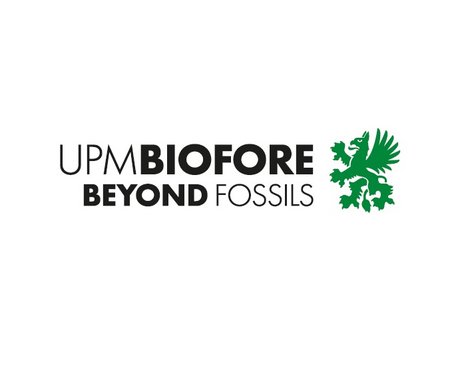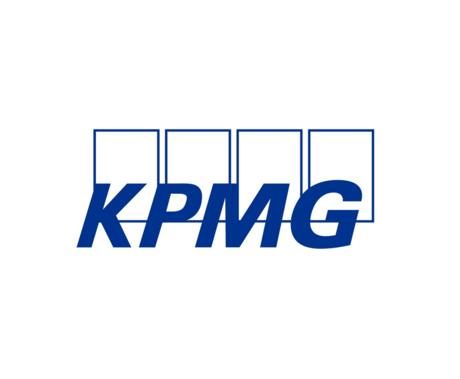Snapchat Discover, Apple News, Facebook Instant Articles - Ralf Kaumanns explains how platforms present both challenges and opportunities for publishers
At the FIPP Congress 2015 Jacob Weisberg, chairman of Slate, talked about how publishers needed to think seriously about whether or not to work with integrated platforms like Snapchat Discover and Facebook Instant Articles. He described embracing them ‘as building your tree house in someone else's tree.’
Yet Weisberg also acknowledged that if the platform owners continue to offer quality ad revenue sharing deals to publishers, then the scale and reach that the platforms can offer the media companies might make working with them very tempting.
Digital strategy consultant Ralf Kaumanns has been studying the growth of integrated platforms, and will present his findings in a deep-dive session at the Digital Innovators’ Summit (DIS) in Berlin, Germany from 20-22 March 2016. (Take advantage of the discounted, pre-agenda DIS booking option (with savings of at least €800 on final delegate rates) by booking today. This offer ends soon.
Here Ralf outlines some of the key considerations publishers have to make when deciding how closely to work with the new breed of platforms, as well as commenting specifically on Snapchat Discover, Apple News and more.
What are your thoughts on the rise of platforms, of mobile and of things like ad blockers? What does it mean for publishers?
Ad blockers are a big challenge for publishers and I think that the moves to block people who use them from seeing quality content (as taken by Axel Springer and CityAM) is the right approach. Readers need to know that there is no free lunch and that publishers need to generate revenues.
However the challenges in attracting (and monetising) mobile readers are not only caused by users, but also by the publishers themselves. Many publishers still see mobile as an "extension" of their online products. Also the structure of many content apps is flawed, in that they make it hard for publishers to monetise the content. The user experience of some content apps is awful too.
The integrated platforms, like for example, Facebook’s Instant Articles, solve both of these problems. They offer a great mobile storytelling experience to the user (quick loading content optimised for small screen devices) and also strong monetisation options. I think Apple News, and maybe Google’s Accelerated Mobile Pages (AMP), will also deliver a great user experience and solid revenue generation options in the future.
Which of the new integrated platforms do you think will be the key one?
I don't believe that any integrated platform will dominate the market. Facebook will play a big role for sure, but the number of "possible" content posts within the newsfeed is limited. Also, as Facebook found out with Facebook Paper, separate content apps don't tend to work, so they aren't really an option. Google AMP and Apple News will also both be successful. Publishers need to figure out how they can operate within a more fragmented distribution market in mobile in the future. I don’t think it will be possible to ignore distributed media platforms.
Looking at this from a publisher perspective, what is the key concern for publishers about working with integrated platforms? Is it about the possibility of not getting data, or worrying that the platform can in theory switch off the revenue stream?
I think that publishers will lose "control" of parts of their value chain to players like Facebook with Instant Articles. If platforms like Facebook control the packaging, the distribution and major parts of the monetisation, publishers are reduced to the role of content creators. This is a model which new players like NowThisNews (which doesn't have a traditional website, but instead distributes its content via numerous social platforms) rely on.
However the relationship runs both ways. Platforms like Facebook or Apple rely on close cooperation with publishers for their products - and this reliance is increasing each passing year. Ultimately publishers will have a junior position, but I think that platforms who want to attract relevant content are required to create a win-win situation with their publishing partners.
And what is the key benefit for publishers of the platforms. Is it purely about scale?
Not only scale, it is also about publishers reaching new users for their content and being able to access new and high quality monetisation options. I don't believe, for example, that most publishers will be able to monetise Facebook Instant Articles in the same way as Facebook itself. So publishers have the option of extending their footprint, but are required to keep an eye on their own products and their overall distribution and monetisation strategy. This will be a complex challenge.
Do you think that the new Apple News app will be more successful for publishers than its predecessor?
Yes, the focus on the presentation of single articles targeted to the user will be much more successful than a focus on a Newsstand (which Apple had before). A critical component for Apple will be how it integrates Apple News with the new Spotlight search. Also how it presents content and other information in a concept that’s similar to Facebook's news feed.
Do you think we will see more deals between publishers and mobile phone companies like the Axel Springer deal with Samsung? What type of platforms might emerge from these agreements?
I don't think there will be any other agreements like this. The success of these type of approaches are dependent on control of the homescreen (aka operating system) and also the phone maker having enough reach / share in the market. According to smartphone market data, Samsung is the only vendor which is able to compete with Apple .The rest of the smartphone market is highly fragmented. So other deals like this are unlikely.
How important do you think Snapchat is becoming to the publishers that work with it on Discover? How can Snapchat scale Discover to include more publishers? Or is this a bad idea as its exclusivity is a key feature?
The key strength of Snapchat Discover is also its main weakness - its exclusivity. This limits the number of potential partners and the supply of relevant content to its users. I think Snapchat’s owners need to figure out other ways of presenting relevant content to its users in order to increase the available inventory for its media partners. Snapchat Discover plays a relevant role for its (young) audience, but from my perspective Apple and Facebook have more options to target the right people with the right content at the right time.
* Ralf will be one of the speakers at the Digital Innovators’ Summit (DIS) in Berlin, Germany from 20-22 March 2016. The DIS discounted, pre-agenda booking option (with savings of at least €800 on final delegate rates) ends soon, so book today.
He spoke to DIS contributor Ashley Norris for this article.





